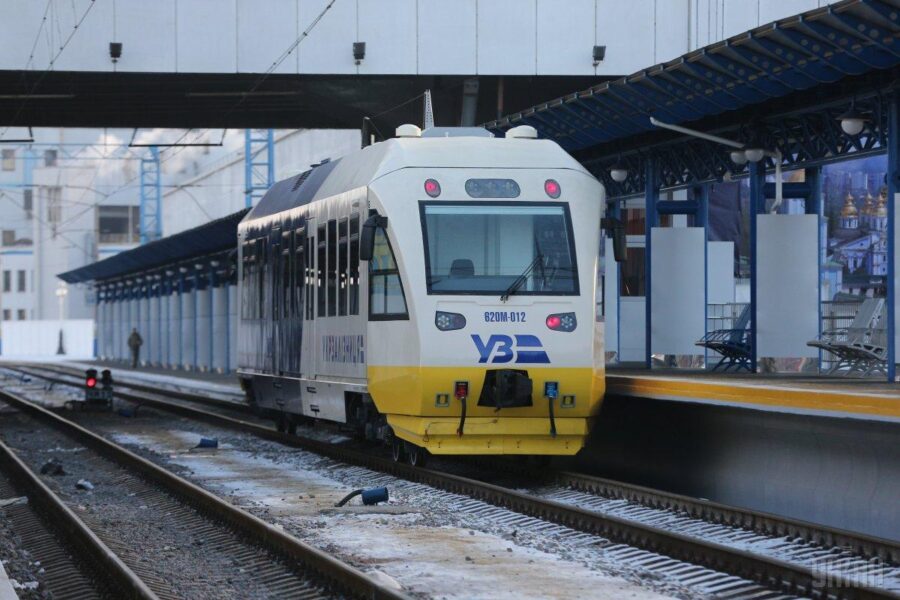Case description
On May 19, 2022, the High Anti-Corruption Court of Ukraine found Hennadii Diachenko, head of the state enterprise Air Express, and Ivan Radyk, director of a private firm, guilty of seizing UAH 116 million intended for the construction of a railway connection between Kyiv and Boryspil Airport. They were sentenced to 10.5 and 11 years in prison.
The events related to this case took place in 2014. Ukraine had received funds under a loan agreement from the Export-Import Bank of China. For this money, the China Machinery Corporation was supposed to launch the Air Express, a railroad connection between Kyiv and Boryspil Airport.
At that time, Diachenko, as the head of the eponymous state-owned enterprise Air Express, which had these funds on its balance sheet, transferred almost UAH 81 million to the account of FC SAPPHIRE FINANCE, which was managed by Radyk, under the guise of a deposit agreement. The money was then withdrawn through shell companies and shared between the defendants. In addition, earlier in 2014, Diachenko had concluded a number of land purchase agreements for the project at inflated prices, thus embezzling another UAH 35 million. In total, Diachenko and Radyk embezzled UAH 116 million.
The railway connection to the airport was eventually launched, but only in 2021. At that time, PJSC Ukrzaliznytsia carried out the work at public expense as part of the Boryspil Express program.

The actions of the defendants were classified under Art. 191, part 5 of the Criminal Code of Ukraine. The head of the state-owned enterprise, who was tried in absentia, was sentenced to 11 years of imprisonment, and the head of the company was sentenced to 10.5 years. The court also confiscated all the property of the defendants and banned them from holding certain positions for 3 years.
The HACC also partially satisfied the civil claims of the state-owned enterprise and ordered Diachenko to compensate almost UAH 35 million in damages, as well as to recover almost UAH 81 million jointly from both convicts.
The appellate and cassation instances upheld the verdict.




